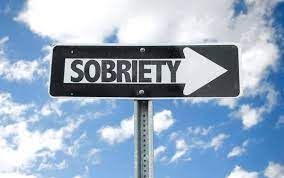Many people decide to quit smoking once they realize the negative impact of the habit on their overall health. Fortunately, once a smoker does quit, there are significant health benefits that take place almost immediately.
Why Is Smoking So Addictive?
Smoking is an addictive habit due to the active ingredient in tobacco called nicotine.
When you smoke cigarettes, your brain quickly adapts to the nicotine, causing you to crave more and more of the chemical to feel the way you did after your first cigarette.
Over time, your brain begins to predict when you are ready to smoke a cigarette, then you have one, and then the cycle repeats again.
How to Quit Smoking, Once and For All
It probably won’t come as a surprise that the most challenging days of quitting smoking are the first few days.
Although it probably will not be easy to get through the first couple of days after quitting, it is essential to stick with it.
One helpful way to quit smoking is to choose a day and commit to being done with smoking that day and beyond. Having an end date that you commit to will make the process feel final and give you a better chance at success.
Another way to quit smoking is to make a list of all of the reasons you want to stop smoking and write down all of the benefits you will gain once you achieve your goal. Having a plan written out in front of you with reminders of why you are quitting in the first place can help you focus on your goal and move forward.
You may also want to consider nicotine replacement patches, gum, or prescription medications that can help curb cravings. These options can be extremely helpful.
Tharros House
Tharros House in Massachusetts is a sober living home facility where individuals can live and work on maintaining their sobriety in a collaborative atmosphere. Give us a call today to learn more about how we may be able to help you.











